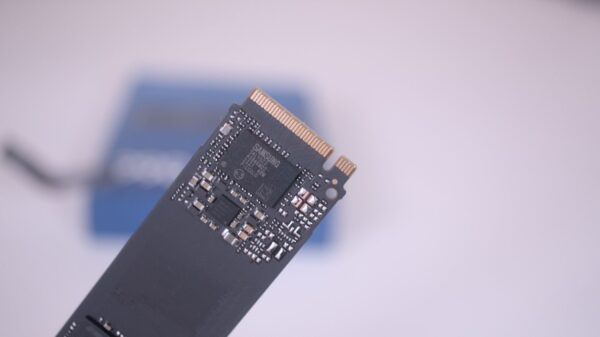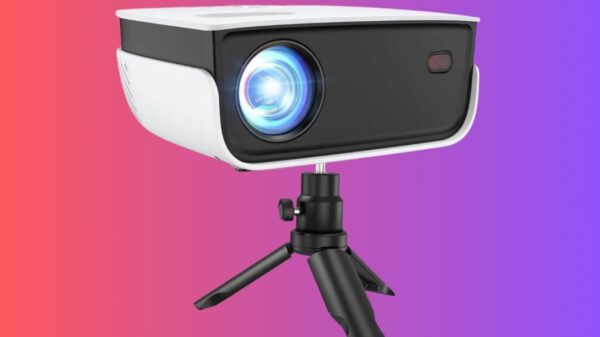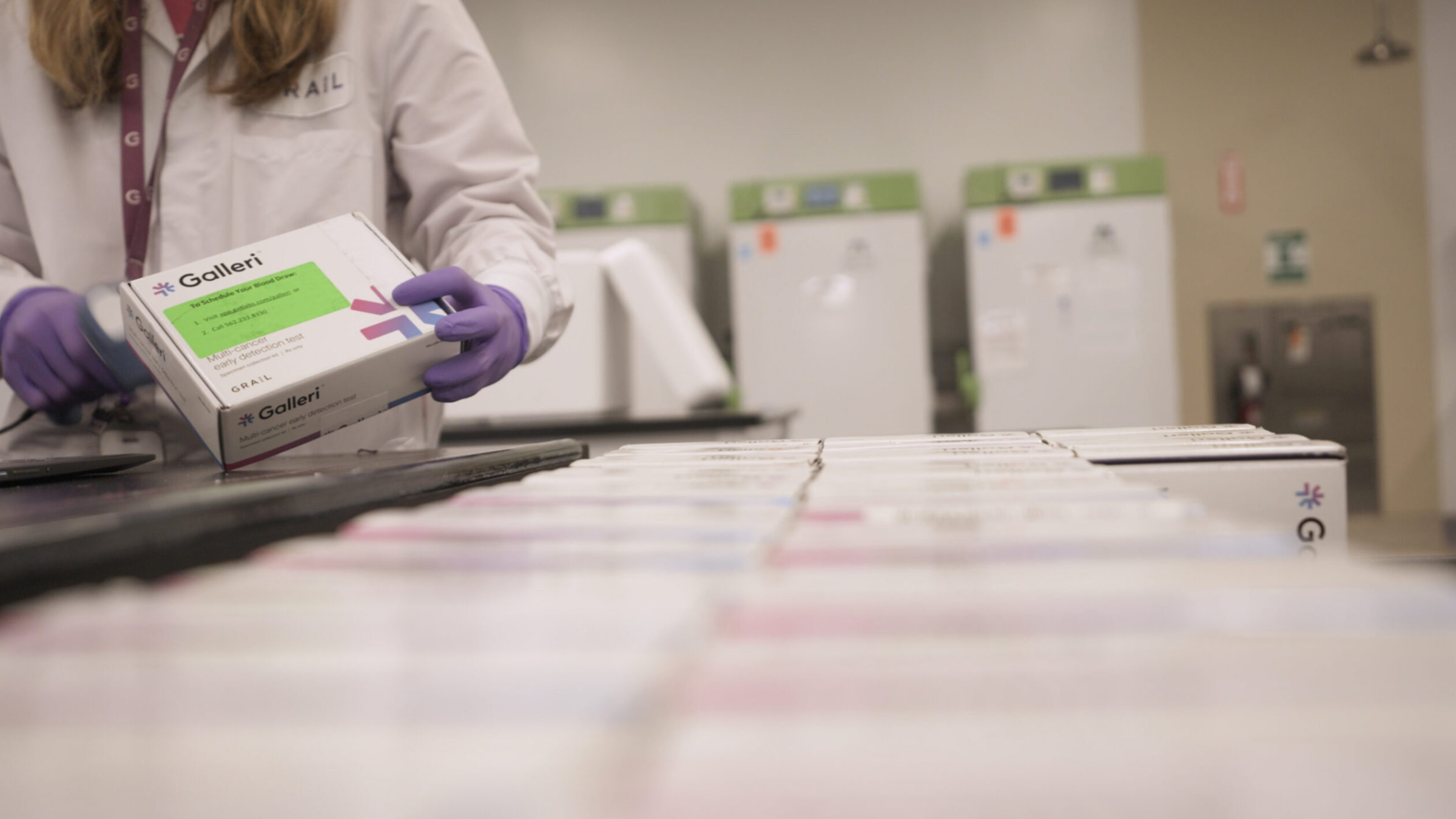Grail’s innovative blood test has demonstrated improved accuracy in identifying true cancer cases, according to recent findings presented at the ESMO Congress 2023. This development comes as the company prepares to submit its application to the U.S. Food and Drug Administration (FDA), positioning itself to potentially transform early cancer detection.
The study showcased that Grail’s test significantly reduces false-positive results, which is crucial for patients facing anxiety and unnecessary procedures following initial positive tests. By accurately distinguishing between non-cancerous conditions and actual malignancies, the test aims to enhance patient outcomes and streamline cancer diagnostics.
Study Highlights and Implications
In a detailed analysis involving more than 10,000 participants, Grail’s blood test achieved a sensitivity rate of over 90% for certain types of cancer. This represents a noteworthy advancement compared to previous iterations of similar tests. The findings indicate that the test not only identifies cancers at earlier stages but does so with a greater degree of reliability.
Dr. Jennifer McKinley, a leading researcher on the study, emphasized the potential impact on clinical practices. “Patients will be able to receive clear and actionable results, which can lead to earlier interventions and better prognoses,” she stated. The study’s results may strengthen Grail’s case for regulatory approval as it seeks to enter the market.
Grail’s approach to cancer detection leverages advanced genomic sequencing technology, enabling it to analyze circulating tumor DNA in a blood sample. This method represents a significant shift in cancer diagnostics, moving from invasive biopsy procedures to a simple blood test.
Regulatory Path and Market Outlook
As Grail prepares for its FDA filing, industry experts are closely monitoring its progress. The FDA’s approval could open the door for a broader rollout of the test, potentially impacting millions who are at risk for various cancers. The market for early cancer detection is rapidly evolving, with a growing demand for less invasive and more accurate testing methods.
While the FDA decision timeline remains uncertain, the momentum generated by the recent study could bolster Grail’s position in a competitive landscape. The company aims to not only improve cancer detection rates but also to provide peace of mind to patients and healthcare providers alike.
Grail’s advancements underscore a critical trend in the healthcare industry—leveraging technology to enhance diagnostic accuracy. As the company moves closer to regulatory approval, the hope is that its innovations will contribute to earlier cancer detection and improved survival rates for patients worldwide.



































































